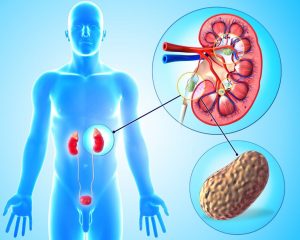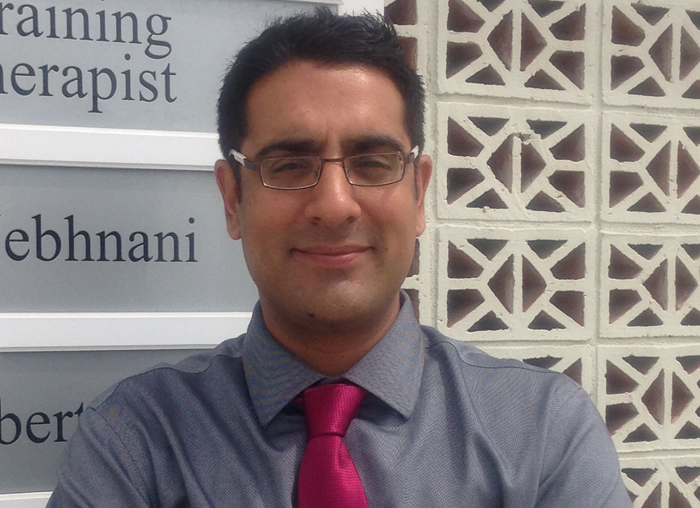
KIDNEY CARIBBEAN



THE KIDNEYS ARE ORGANS that maintain and control the body’s fluid and chemical levels. The kidneys, ureter and bladder form part of the urinary tract.
Urine is made in the kidneys from the body’s waste and it travels down the ureters into the bladder where it is stored. The urine then leaves the body via the urethra.
Kidney stone disease (nephrolithiasis) is one of the more common diseases of the urinary tract. The incidence of stone disease has been rising in recent times, between three to nine out of every 100 people are expected to get a stone in their lifetime.
Kidney stones are more common in males and in certain racial groups, with Caucasians more frequently affected than those of African descent. Risk factors include family history, dehydration, certain diets, obesity, digestive diseases and certain metabolic conditions.

A kidney or ureteric stone is a hard crystalline material that forms in the urinary tract. Urine contains salts and minerals and when these are present in the urine in high concentrations or not handled properly by the body they can lead to stone formation.
Stones can be of different chemical compositions (for example, calcium salts and uric acid). Kidney stones start out small but can grow larger and occupy the entire kidney. Some stones may stay in the kidney and cause no problems, whereas at other times they may pass down the ureter or block the flow of urine and cause symptoms.
Symptoms include: severe pain in the back and affected side, pain that spreads to the lower abdomen or groin, blood in the urine, a persistent need to urinate, painful urination, nausea and vomiting, and fever and chills if infection is present.
As the stone moves through the urinary tract, the symptoms and pain may change in location and intensity. The majority of stones (up to 80 per cent) can pass spontaneously, but for those that get stuck in the ureter they may require some form of treatment and removal.
If stones are unable to pass and require treatment, this can usually be done in a minimally invasive fashion with small or no incisions, minimal pain, and short times away from work. Options include: shock wave lithotripsy where shock waves are focused on the stone and help crush the stone.
- Ureteroscopy where small telescopes are passed up the ureter or kidney and some form of energy is used to crush and remove the stone. Or Percutaneous nephrosto-lithotripsy (for larger stones) where a small cut is made on the side and scope is passed in to the kidney and the stones are crushed and removed.
Kidney stones can be a very painful experience, and although a good portion may pass spontaneously they still require appropriate diagnosis and surgical treatment when indicated. Prevention of stones comes into play when it is possible to find the cause of stone formation, so certain factors such as diet and fluid intake may be modified.
Dr Jeetu Nebhnani, MBBS, DM (Urology), is a consultant urologist and uro-oncologist, Queen Elizabeth Hospital, Cariburol Inc.
Strategy Plan
Networking patients and families with support and medical care while educating people about kidney care.
Educational
Strong educational promote to educate the general public about kidney care and kidney disease symptons.
Support
List medical support and social support services throughout the english speaking Caribbean and also for visitors.
Medical Care
To highlight and list medical services within each Caribbean country for Kidney patients.
